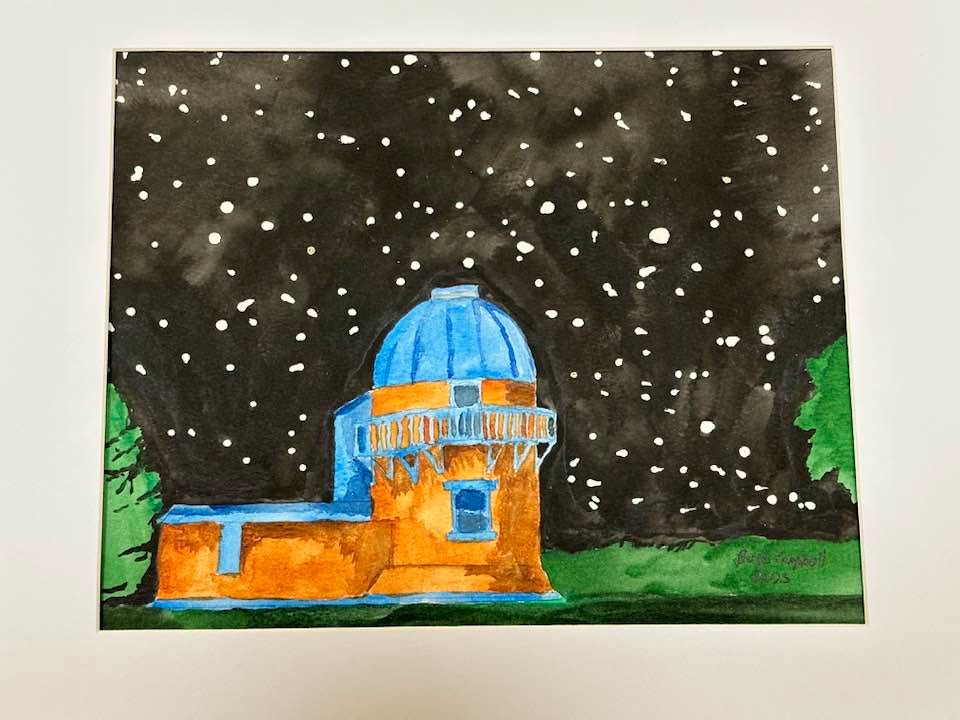More and more, I read how the 2008 financial crisis began putting a powerful downward pressure on the arts and letters in the academy. Now, in 2024, this trend has become acute as more and more Americans are questioning the value of any post-secondary education, but particularly in the humanities, arts, and letters, schools on which the academy was originally created.
Because it's America, the issue became political. The progressive answer is to forgive student debt. The conservative answer is to drop the arts altogether and send most post-secondary students to trade school. Someone very dear to me has been saying he wants to take up a trade rather than get an academic degree like the generation before him.
The rapid growth in the price of a college education began shortly before I went to college, and the pace of the increases ramped up considerably afterward. Most of what I know about college funding and college education I learned from being around and working with George Harmon and Jack Woodward.
Before he died, I had conversations with George Harmon about how colleges like Millsaps had always been attractive but had spartan facilities in order to keep the costs down, but in the nineties, there was a distinct trend to upscale everything about the college campus, except the items related to actual education. His position was that we had to keep our budget in sight, but it was imperative that we keep pace with the other institutions as far as footings to our buildings and amenities we offer students in order to be competitive for the quality of students we want.
"But at what cost?" was my point, as tuition to Millsaps was trending slightly below the schools we normally competed with, it was only slightly below. I was concerned that some of the school's construction projects in the nineties were driving the cost of tuition up; his concern was that our campus had to keep pace with other schools in our division.
Somewhere along the way, the academy lost its original purpose. The academy no longer seeks knowledge. Since the war, the academy has increasingly been thought of as nothing more than job training, and that perspective on college is now dominant, if not absolute.
I can't argue that a humanities, arts, and letters degree will get you a great job. I can argue that it will help you have a remarkable life, but considering the cost of the degree, I worry if that's enough. As the issue becomes increasingly political, I worry that the future of American colleges might be more in the hands of politicians and less in the hands of teachers, administrators, students, and parents.
I used to sail with a skipper named Boudreaux. We were pretty much hated at the Jackson Yacht Club because the only people who could win the weekly regattas were Boudreaux as skipper of our star boat and Peter DeBeukelaer as skipper of the Cookie Monster 1,2 and 3. Boudreaux taught me that it's very hard to win if you sail in the middle of the pack, where everybody has to deal with the same water and the same wind. Once the race began, he kept a keen eye on the waters around us for signs of winds that the rest of the boats weren't using, and when he saw them, he drove us to them. Sometimes, it was a mistake, and we'd finish dead last (usually to Cookie Monster), but you'd be surprised how often sailing for different winds is what made us winners.
I'm not smart enough to solve the crisis in the academy. Nearly everyone reading this is a product of the academy, though some might still be in it. The time for silently wringing our hands in worry is over. It's time for open discussion and decisive moves. The only thing I can add is to look for new winds. The answers may lie there
.



